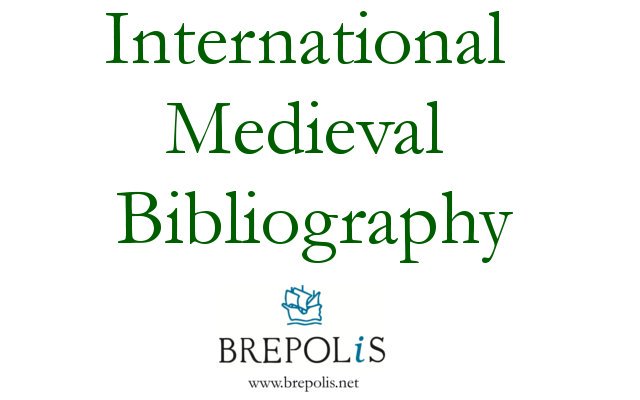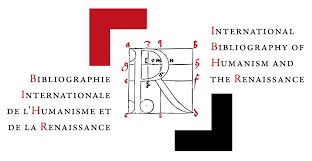Transformations of a Ukrainian song in Hungarian territories during the first half of the 19th century
DOI:
https://doi.org/10.31168/2073-5731.2021.1-2.4.06Keywords:
Comparative literature, translation, Napoleon wars, Ïhav kozak za Dunaj, Schöne Minka, songbooks, insurrection poetry, Christoph Tiedge, Václav Hanka, František Čelakovský, Ferenc Teleki, Wilhelm KüchelbeckerAbstract
In my study I examine through what channels the Ukrainian song “Ïhav kozak za Dunaj” reached Czech and Hungarian territories through German mediation at the beginning of the 19th century. In the German-speaking territories, the Ukrainian song was spreading in German almost like a folk song. “Schöne Minka”, a Christophor Tiedge’s adaptation of the Ukrainian song, which differs significantly from the original, probably reached the territory of the Czech Crown and later the Kingdom of Hungary in the 1810s with the soldiers participating in the Napoleonic wars. A decade later, another version of the Ukrainian song much closer to the original appeared in the Czech and Hungarian territories. In Czech this version was published by František Čelakovský in 1822, and we owe the creation of the Hungarian version to Count Ferenc Teleki. Teleki did not work with Russian or Ukrainian sources, he translated the Ukrainian song into Hungarian with the help of a German translation. This text mediating between Ukrainian and Hungarian is Theodor Körner’s translation “Russisches Lied”. At the same time, Teleki’s translation is especially exciting for Russian and Hungarian literature since it shows surprising correspondences with Wilhelm Küchelbecker’s text “Der Kosak und das Mädchen” (1814), which is also a translation of the Ukrainian song.
Received: 01.12.2020.
Acknowledgements
The study was funded by Russian Foundation for Basic Research, project No 18-512-23002.
Citation
Kalavszky Zs. Transformations of a Ukrainian song in Hungarian territories during the first half of the 19th century // Slavic Almanac. 2021. No 1–2. P. 420–451 (in Russian). DOI: 10.31168/2073-5731.2021.1-2.4.06






